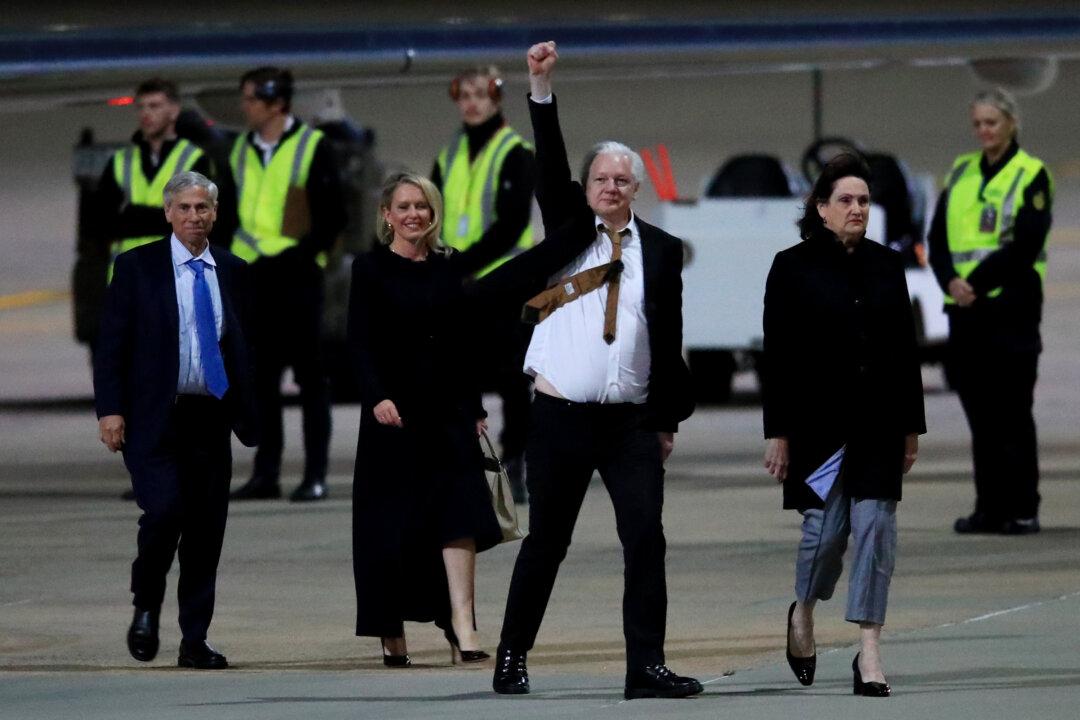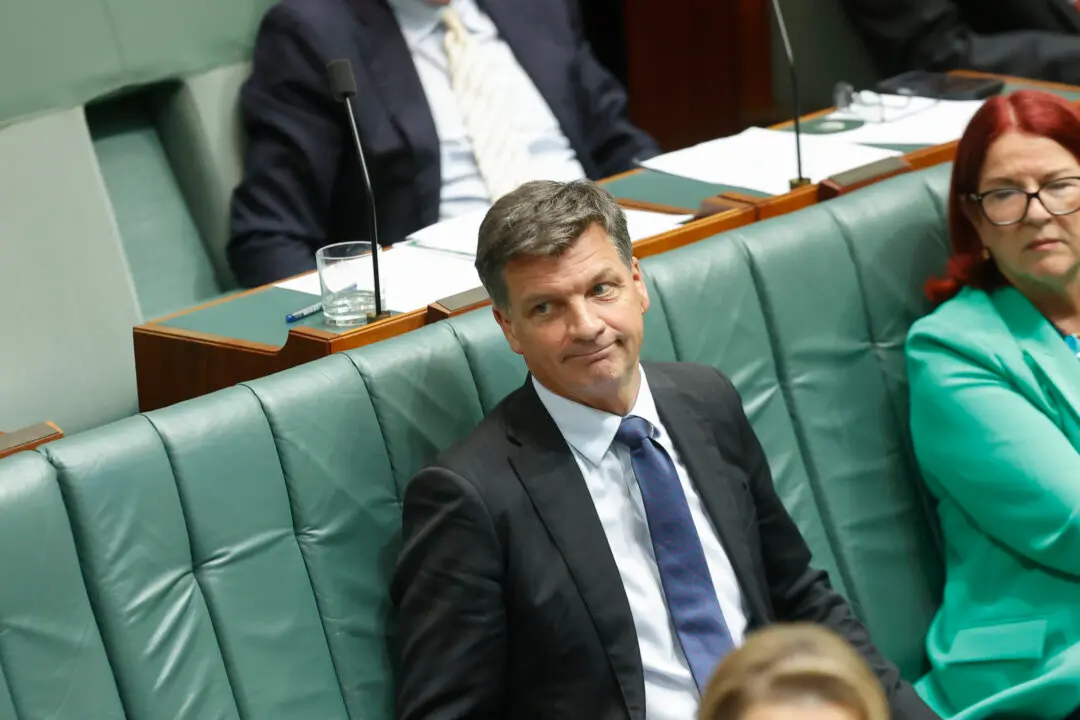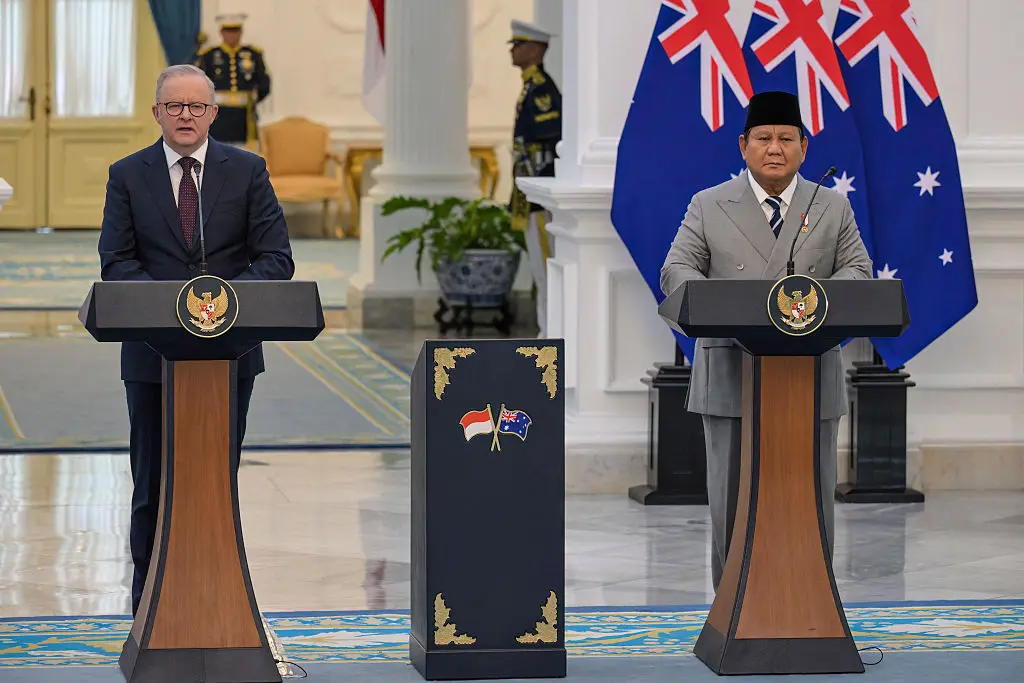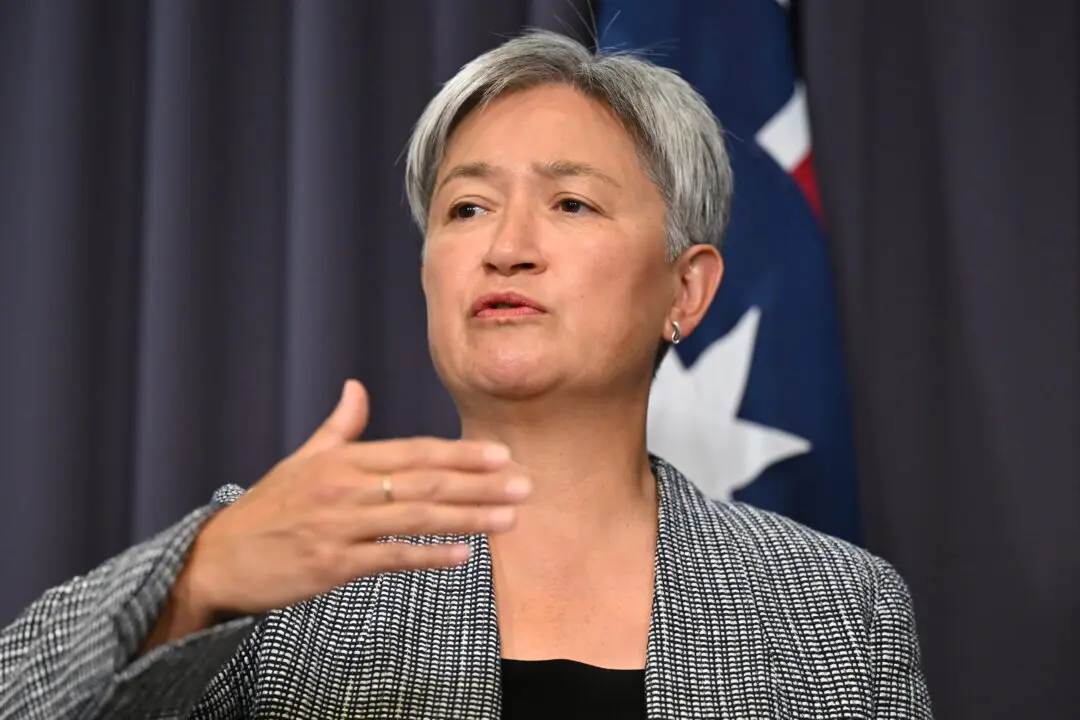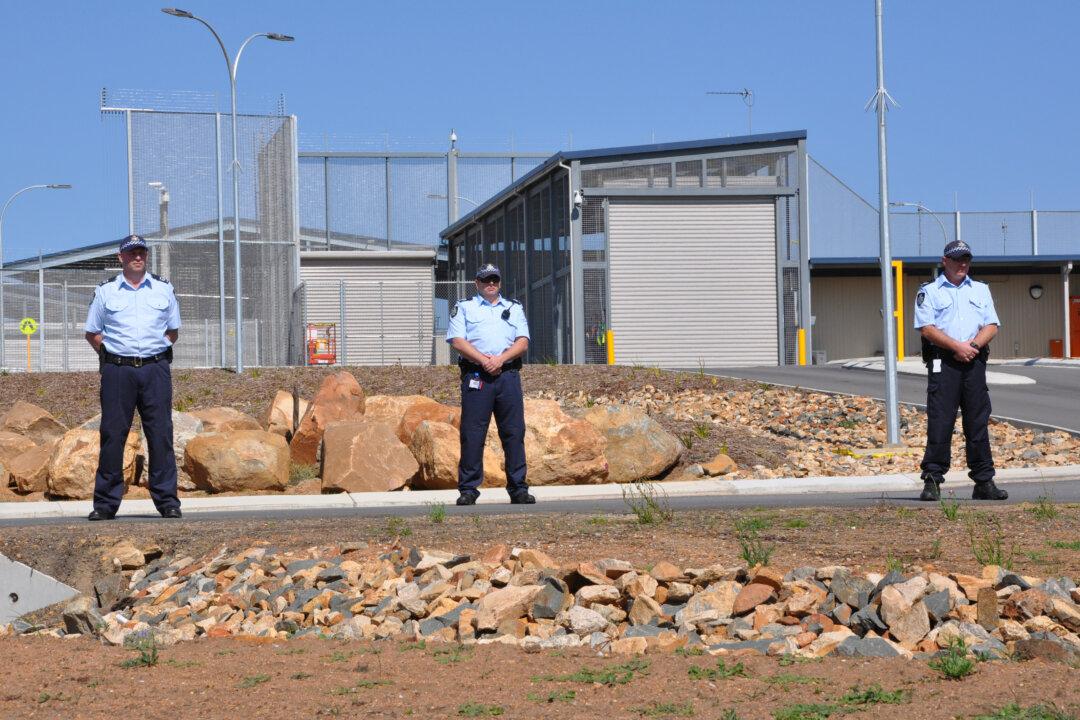In his first speech since his release, WikiLeaks founder Julian Assange remarked on the precedent set by nations targeting foreign journalists and the erosion of free speech worldwide.
Speaking before the Parliamentary Assembly of the Council of Europe (PACE), Assange recounted the U.S. government’s lengthy attempt to prosecute him for leaking classified information.
